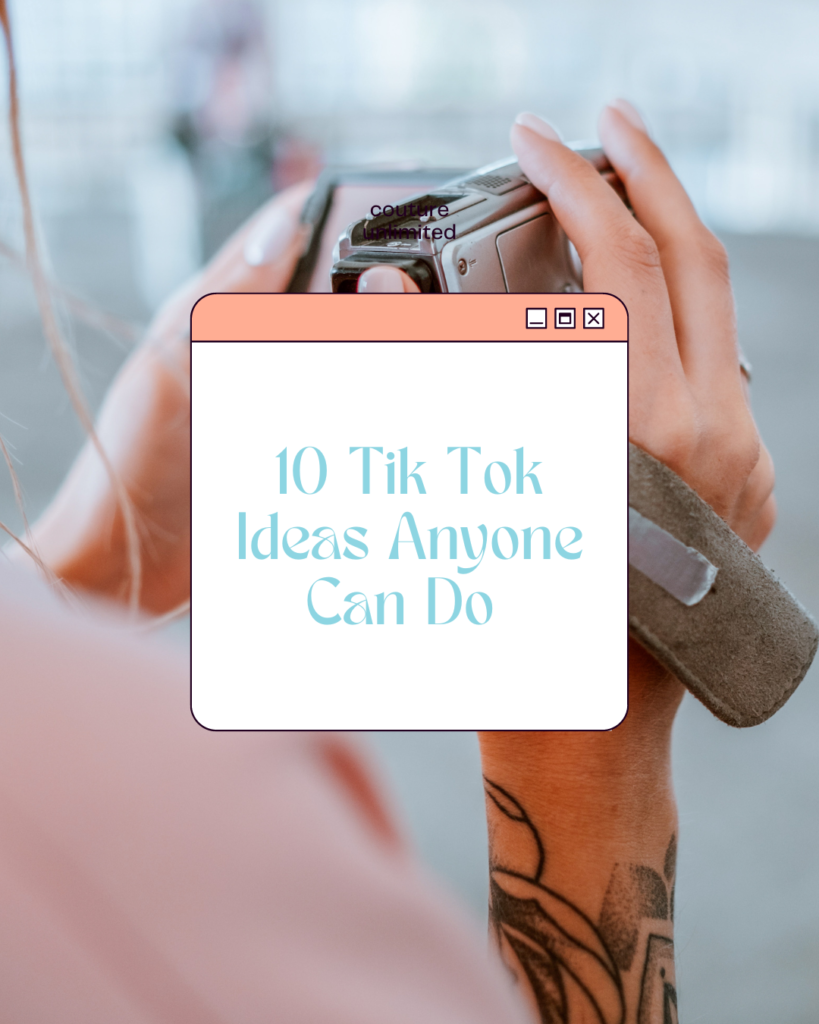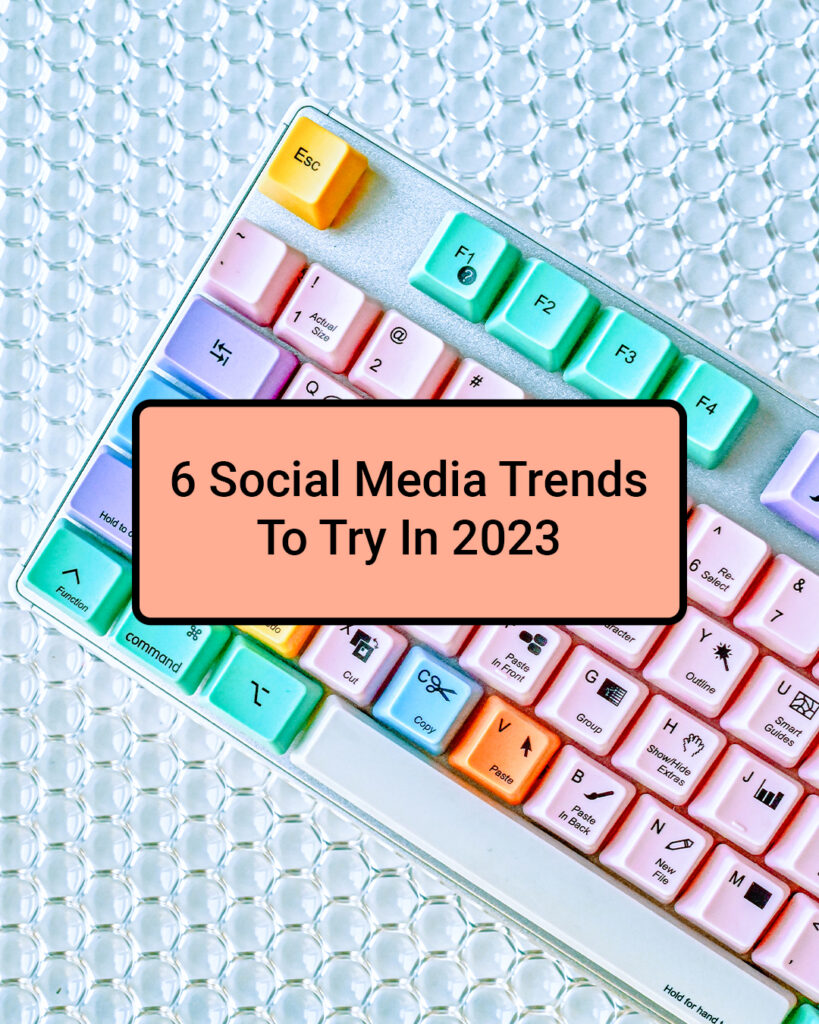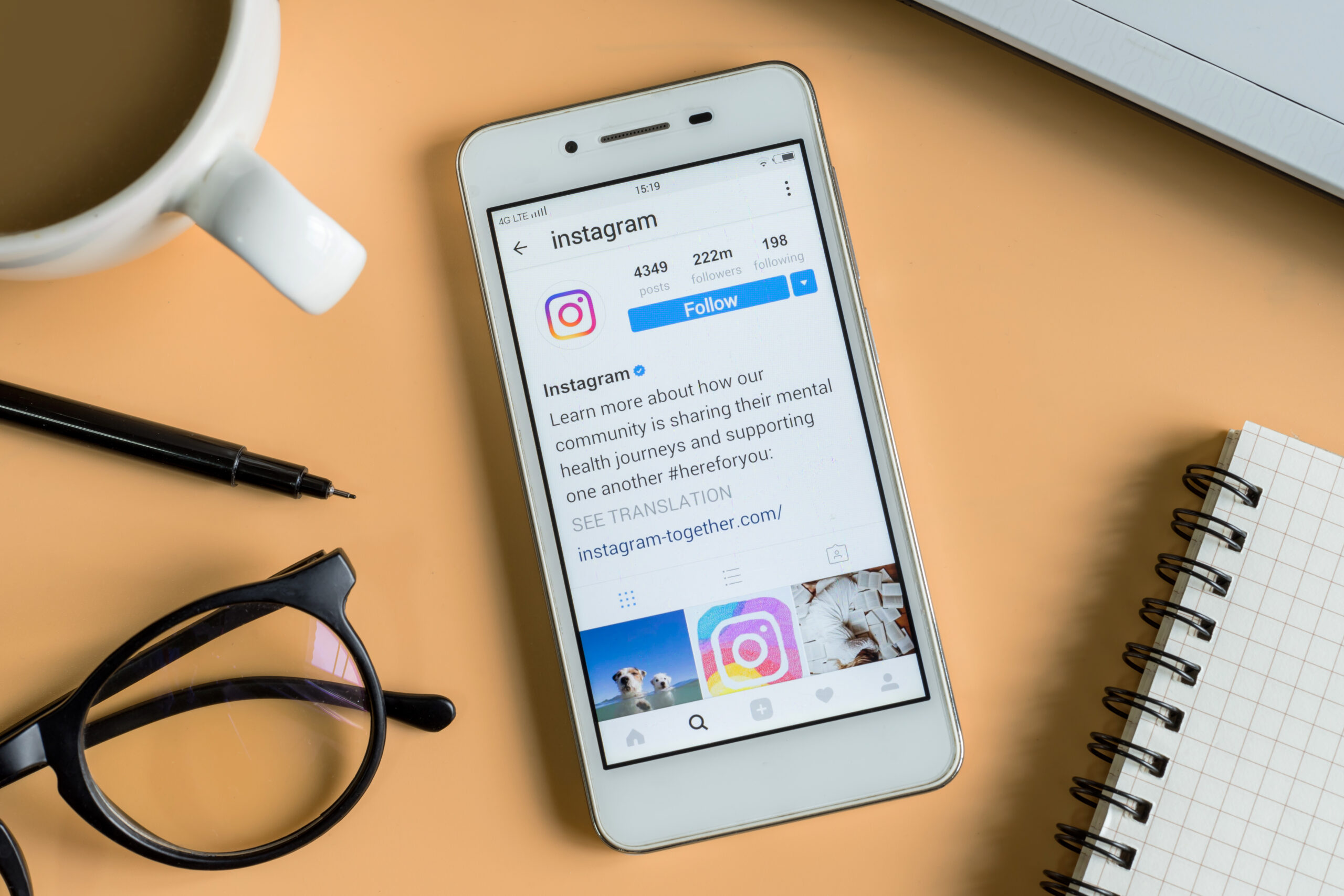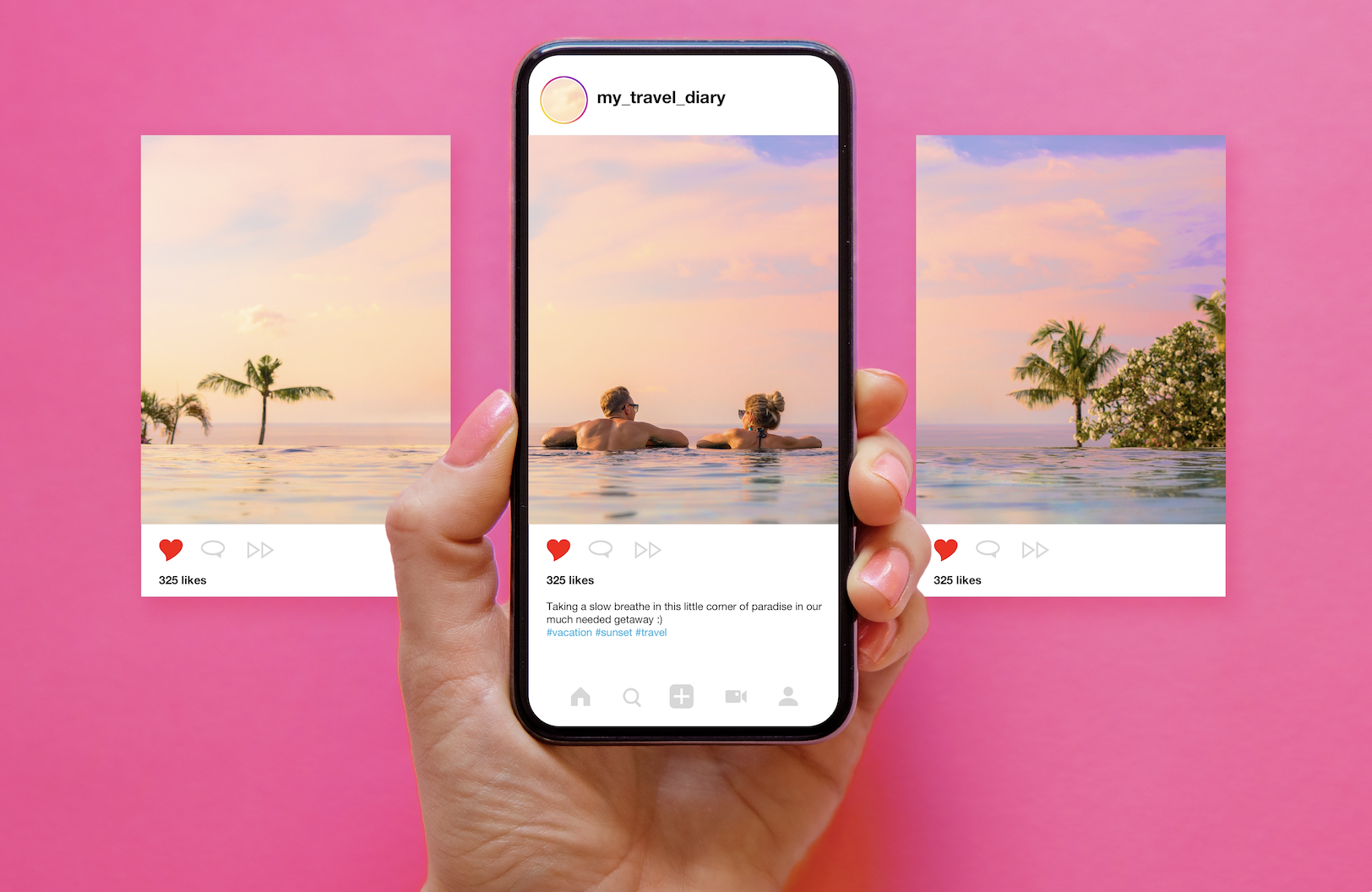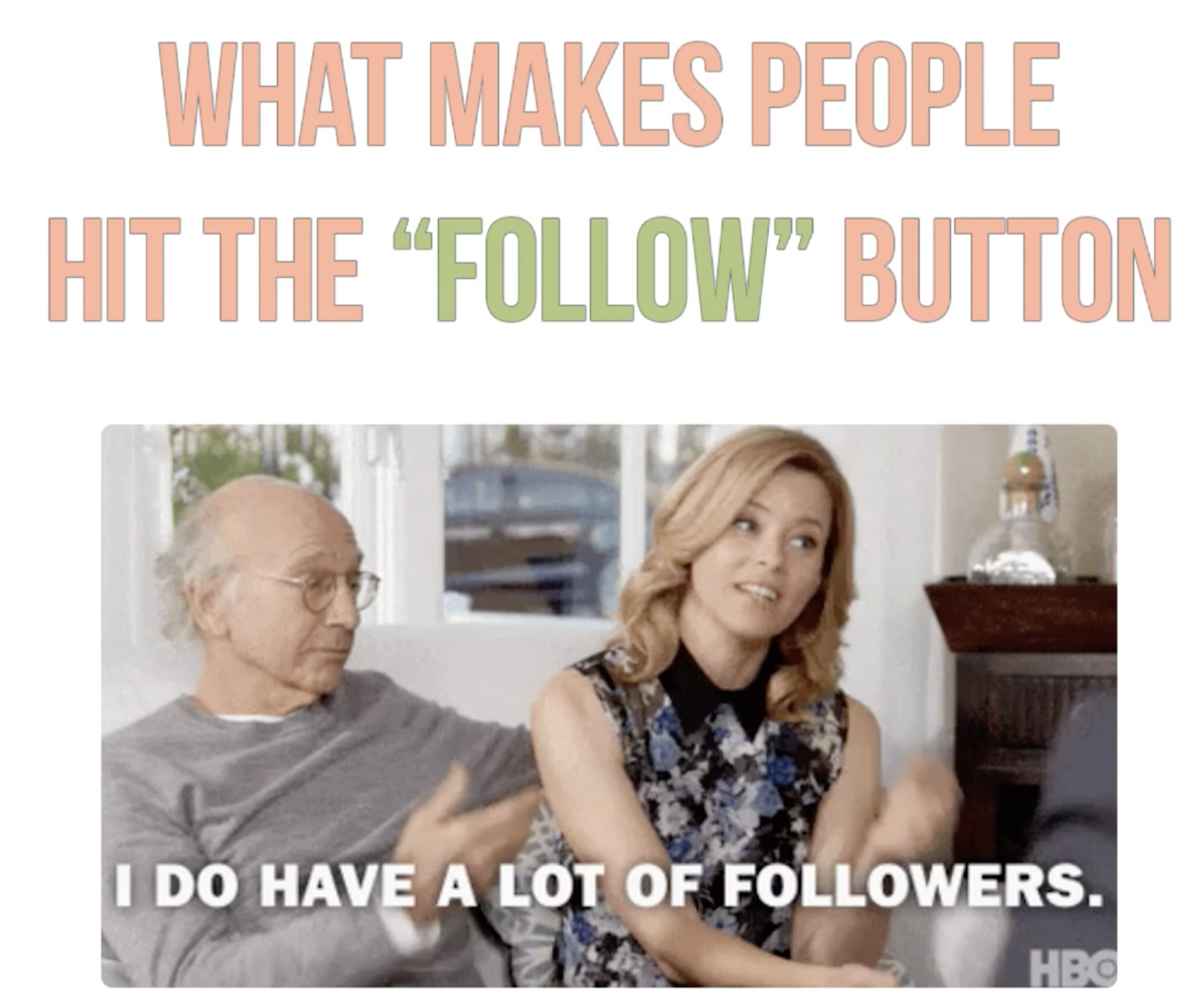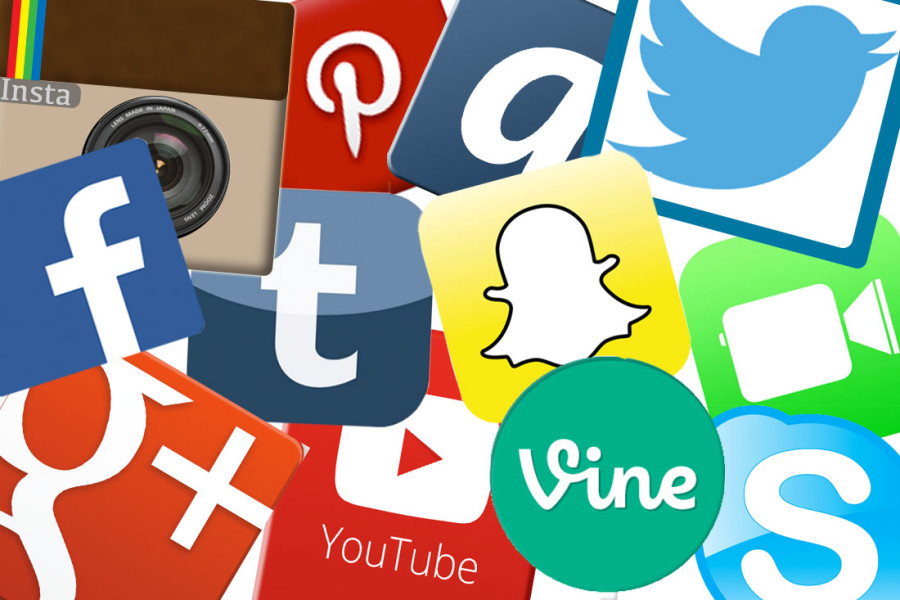
Here are a few questions to ask yourself: how do you consume media these days? Where do you get your news? What do you watch to entertain yourself?
There’s a good chance that your answer has something to do with Facebook, Youtube or some other social media platform. Facebook recently reached 2 billion monthly active users. As almost 30% of the world’s population visit this social media platform to check on their friends, share moments and highlights of their lives, they are also slowly picking up a habit: get their news.
No, not the news, their news.
You have a certain way of seeing the world and you want your values asserted and accepted. In other words, you want reassurance. There are hundreds of independent media on Facebook catering to all kinds of political views. Regardless of your values and backgrounds, it’s not too hard to find the news that you want to read, so that you can happily live in your version of the world. #Bubble #EchoChamber
Independent news media has existed for a long time. However, as the past election cycle unfolds, along with numerous terrorist attacks, major foreign policy changes, and all the chaos happening in the world, people needed something to satiate their thirst for high quality content and wholesome events coverage; something with a personality and an unique angle. A wave of independent media and social media personality emerged in 2017 and gained traction in the mainstream spotlight.
If you have been paying attention, it’s not too hard to notice independent media gaining momentum in 2017. Content creators and social media personalities are becoming increasingly influential; so much so that they start to drive news agenda from mainstream outlets.
PewDiePie, the most popular content creator on Youtube.
With 56 million followers and his unique sense of humour, PewDiePie solidifies his top spot in the Youtube community. Although being a serious creator, his content is never meant to be taken seriously. In this past February, however, some of PewDiePie’s satirical remarks about businesses on the Internet caught Wall Street Journal (WSJ)’s attention. This mainstream giant, with great respect and credibility, brought PewDiePie into the public eye and accused him of anti-semitism, which led to PewDiePie getting his sponsorship dropped from Disney and drastically losing ad revenue on his channel.
Following this event, PewDiePie issued an apology video online; at the same time, he demanded an apology from WSJ for labeling him as an anti-semite. WSJ in turn never responded to PewDiePie’s video. Some might argue that PewDiePie, despite good intentions, made a mistake for touching on a sensitive subject without taking precautions. However, this is one of the first major stories from mainstream media covering an independent creator. Without a doubt, mainstream publishing and newspapers — even an institution like the WSJ — are losing readership rapidly. It’s hard to say that there is a direct correlation between people spending more time on independent creators and less time on mainstream outlets, however, WSJ’s coverage on PewDiePie certainly drew traffic back to their sites and hit PewDiePie hard.
https://www.youtube.com/watch?v=lwk1DogcPmU
DaddyOFive: Pranks or Abuse?
Another creator on YouTube, DaddyofFive, produces videos of two parents with their five children. The creator labels their videos as “prank videos.” However, their content often showcases the two parents physically abusing their children. The channel has been on Youtube since 2015. Even with almost 1 million subscribers, no mainstream media covered or questioned the legitimacy of this channel. Youtube personality Philip DeFranco brought light to this channel and generated discussion online, which was picked up later on by mainstream outlets.
The discussion of news agenda setting, in 2017, is getting increasingly blurry. Is social media a response from mainstream outlets, reacting and adjusting itself to fit the mainstream narrative? Or is social media setting the agenda for mainstream media? According to agenda setting theory (McCombs & Shaws, 1972), media platforms, whichever media people consume, is certainly effective in telling people what to think about. As social media interacts with mainstream outlets, our perception of the world, as well as our perception of ourselves, constantly evolves. It will certainly be interesting to see how the two platforms battle each other for media consumers in the rest of 2017.
Metter Media LLC is a Boston-based social media management company that implements community-based, localized social engagement strategies for small businesses and corporations alike. Need help with your social media? Email Lauren today.
